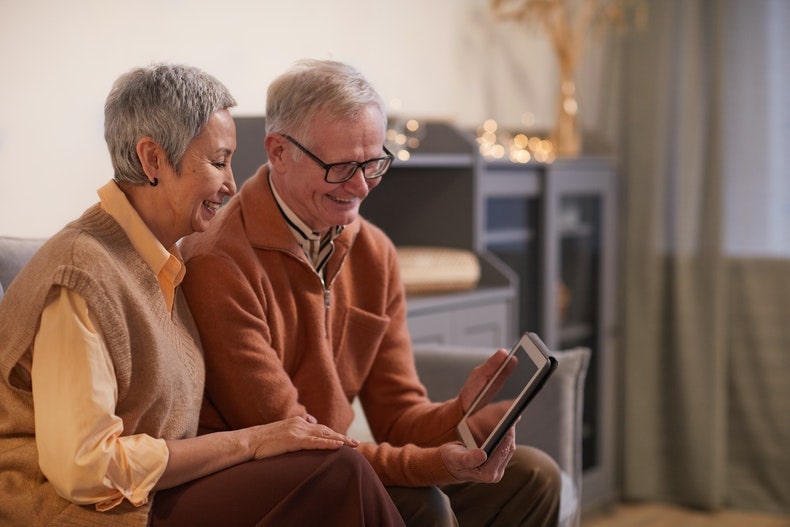4 Must-Have Technologies for Seniors
Technology is a part of our everyday lives, and it can be difficult to manage without it. But for seniors, who may have limited mobility or vision, the need for tech tools is even greater. Seniors can use these four simple tech tools to stay safe and connected.
Accessibility Software
Your computer or laptop can be completely changed to make it simpler and more accessible. Many computers have accessibility settings that can adjust how you see and hear your system, without purchasing any additional software. Alternatively, you can add other software that will make the experience more enjoyable. A launcher can change how your screen is arranged and how you interact with it, such as OneLaunch. Browser extensions can also make internet surfing less complicated and more attractive for seniors who may be fearful of the computer.
Tablets & E-Readers
Tablets and e-readers might be easier to use for seniors because they have fewer functions and can be used through touch. Most tablets let the user change the size of fonts, icons, and other system features. Many tablets have voice assistants that allow use with voice commands, making it easier for a senior to interact with the tablet. Tablets are also easy to carry around and bring to appointments. Apps like messaging, video chat, and social media can be integrated so seniors can stay connected with loved ones. Other apps can help seniors remember to take their medicine, go to appointments, or keep track of family events.
Wearables
Many people use wearables to track their fitness or daily schedule, but there are many new types of wearables that seniors may find helpful to their daily lives. Fitness trackers are developing into full health monitors that track pulse, blood pressure, and oxygen, and some even upload information directly to a health care provider. Many of these technologies can also be used on other parts of the body, such as clothing and shoes. Diabetes monitors attached to the body can send updated information to a phone or other device and give alerts if insulin is needed.
Remote Trackers
GPS systems can be used so that anyone can track items that are lost with a computer, phone, or remote control. Key fobs are a common means of tracking items, where a house or car keys can be located with a remote that connects to the fob on the keychain. This technology has also been adapted so a tracker can be put in the insole of a shoe, in case a person with dementia or Alzheimer’s gets lost. Some devices can be used by loved ones to check in daily without infringing on their senior’s autonomy.
Seniors today are living longer than ever before, and many of them are embracing technology. However, it can be difficult for them to adapt to the latest technology that other generations take for granted. Seeking technologies that are easy to use while performing crucial functions can help seniors maintain their independence and quality of life.

